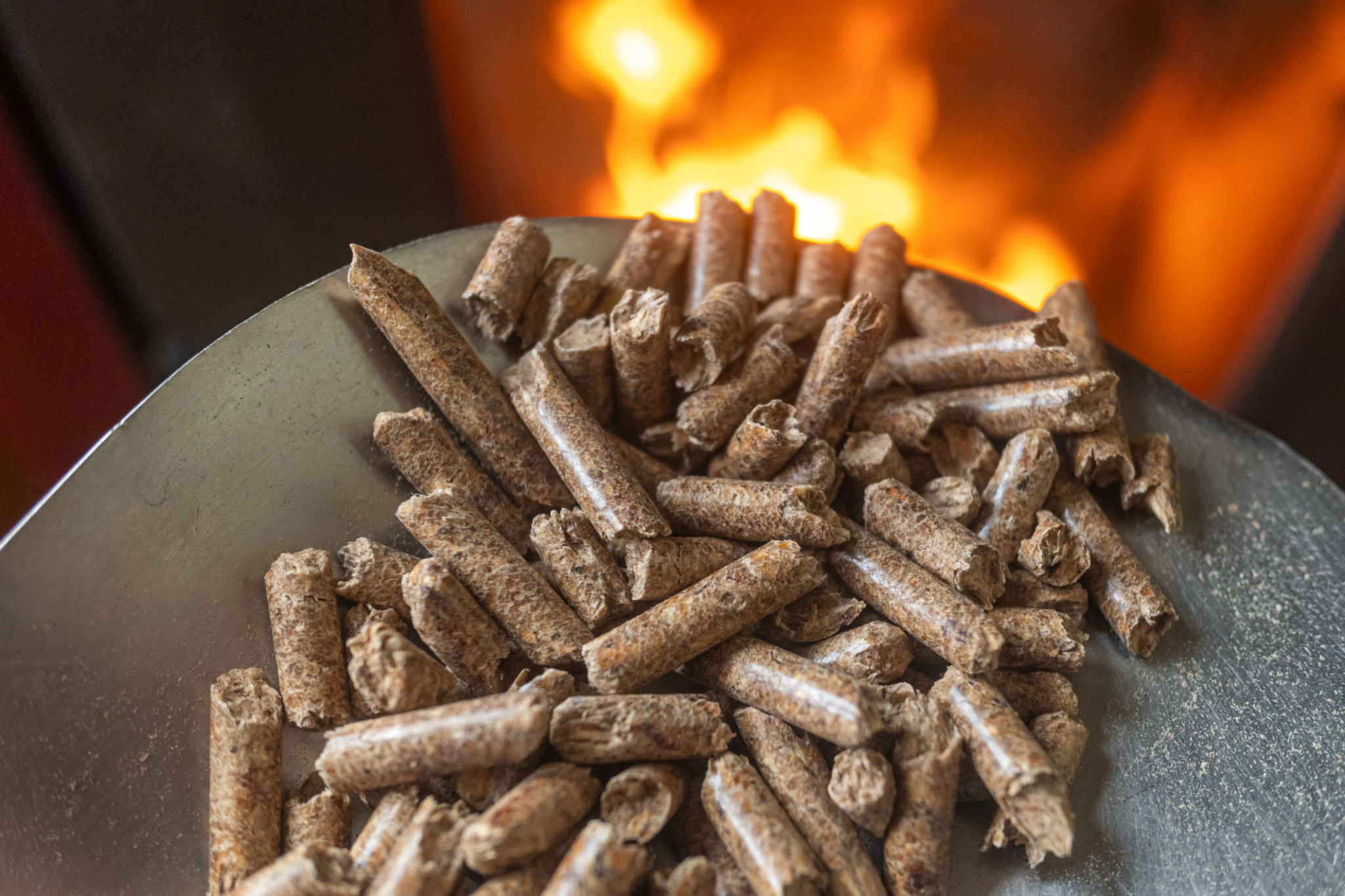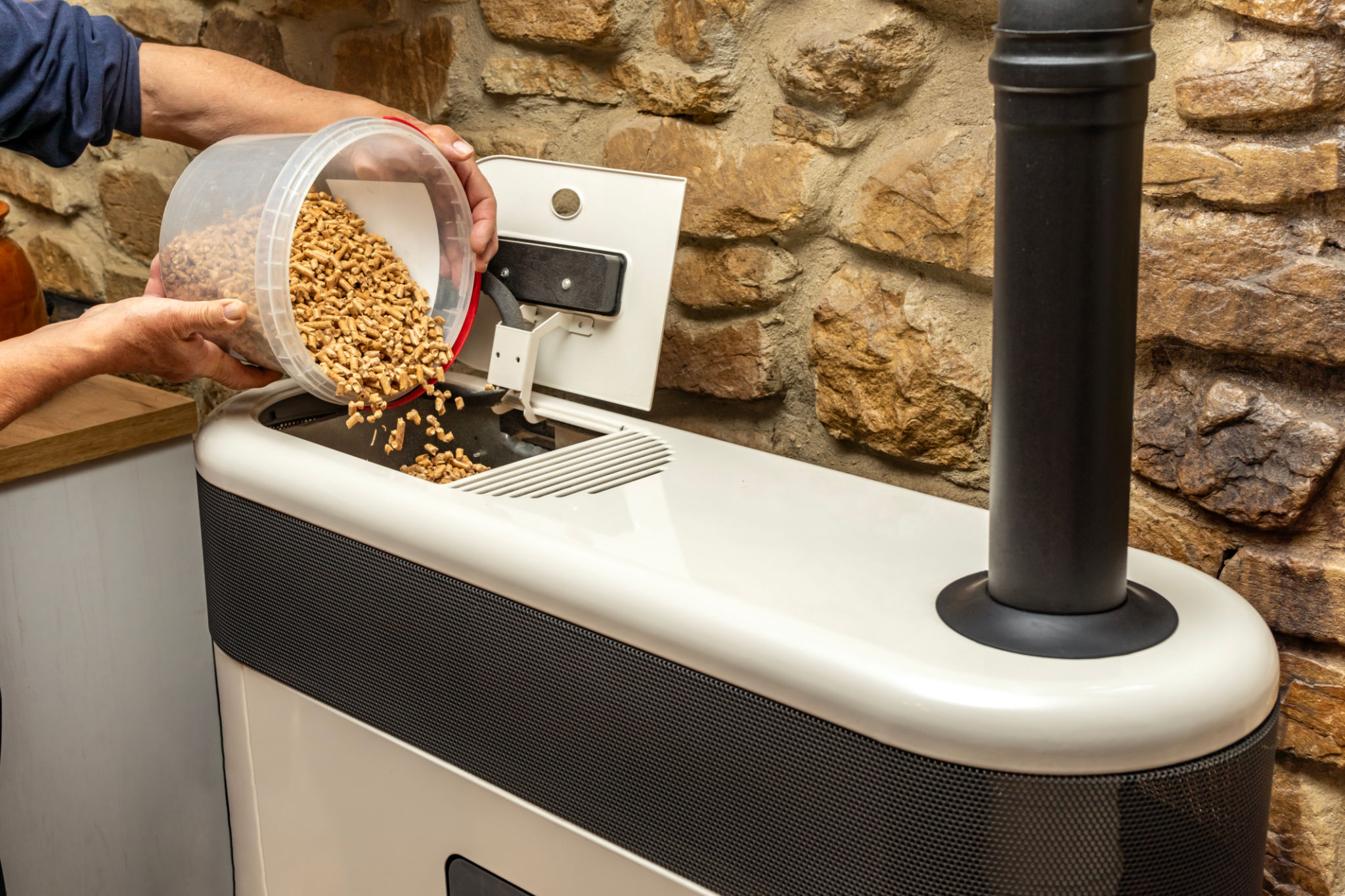Alternative to Oil Heating in Europe: Why Wood Pellets Are the Future
Understanding the Shift: From Oil Heating to Wood Pellets
As Europe steadily moves towards more sustainable energy solutions, the transition from traditional oil heating to alternative sources is gaining momentum. One of the most promising candidates leading this change is wood pellets. These small, compressed biomass fuels offer a cleaner and more efficient way to heat homes, making them a compelling option for environmentally conscious homeowners.
Wood pellets are made from compressed sawdust and other wood waste materials. Their production not only utilizes waste products but also contributes to a reduction in carbon emissions when compared to conventional fossil fuels. This makes them an attractive choice for those looking to minimize their ecological footprint.

Benefits of Wood Pellet Heating Systems
There are several advantages to using wood pellets over oil for home heating. First and foremost, they are a renewable resource, which ensures a more sustainable future. Unlike oil, which is subject to volatile market prices and geopolitical tensions, wood pellets offer greater price stability and predictability.
Moreover, wood pellet heating systems are known for their high efficiency. They can convert up to 90% of their energy content into usable heat, which means less waste and lower energy bills. Additionally, modern pellet stoves and boilers are designed with convenience in mind, featuring automated feeding systems and easy-to-clean ash pans.

Environmental Impact: A Greener Choice
One of the key reasons for the growing popularity of wood pellets is their minimal environmental impact. When burned, wood pellets emit significantly less carbon dioxide than oil or coal. Furthermore, the carbon released during combustion is roughly equivalent to the carbon absorbed by the trees during their growth cycle, resulting in a more balanced carbon footprint.
Another environmental benefit is the reduction in air pollutants. Wood pellet systems produce lower levels of particulates and sulfur dioxide compared to oil heating, contributing to cleaner air quality and a healthier environment.

Economic Considerations: Cost-Effectiveness of Wood Pellets
Switching to wood pellet heating systems can be economically advantageous as well. While the initial investment in a pellet stove or boiler might be higher than traditional oil burners, the long-term savings on fuel costs can offset this expense. Additionally, many European countries offer incentives and subsidies to encourage the adoption of renewable heating systems, further reducing the financial burden on homeowners.
The cost of wood pellets tends to be more stable than that of oil, providing consumers with a more predictable heating budget. This stability can be particularly beneficial in regions prone to harsh winters where heating is a significant portion of household expenses.
Challenges and Considerations
Despite their numerous benefits, there are some challenges associated with wood pellet heating systems. Storage space for pellets is necessary, as is regular maintenance to ensure optimal performance. Homeowners need to consider these factors when deciding to make the switch.
However, as technology advances and awareness grows, these challenges are becoming easier to manage. Innovations in pellet storage solutions and automated maintenance systems are making wood pellet heating more accessible and convenient for everyday users.

The Future of Heating in Europe
The rise of wood pellets as an alternative to oil heating is indicative of a broader trend towards sustainable energy solutions across Europe. As regulations tighten and environmental awareness increases, the demand for renewable heating options will continue to grow.
Wood pellets represent not just an alternative heating source but a forward-thinking approach that aligns with global efforts to combat climate change. By embracing this technology, Europe is paving the way for a greener, more sustainable future.